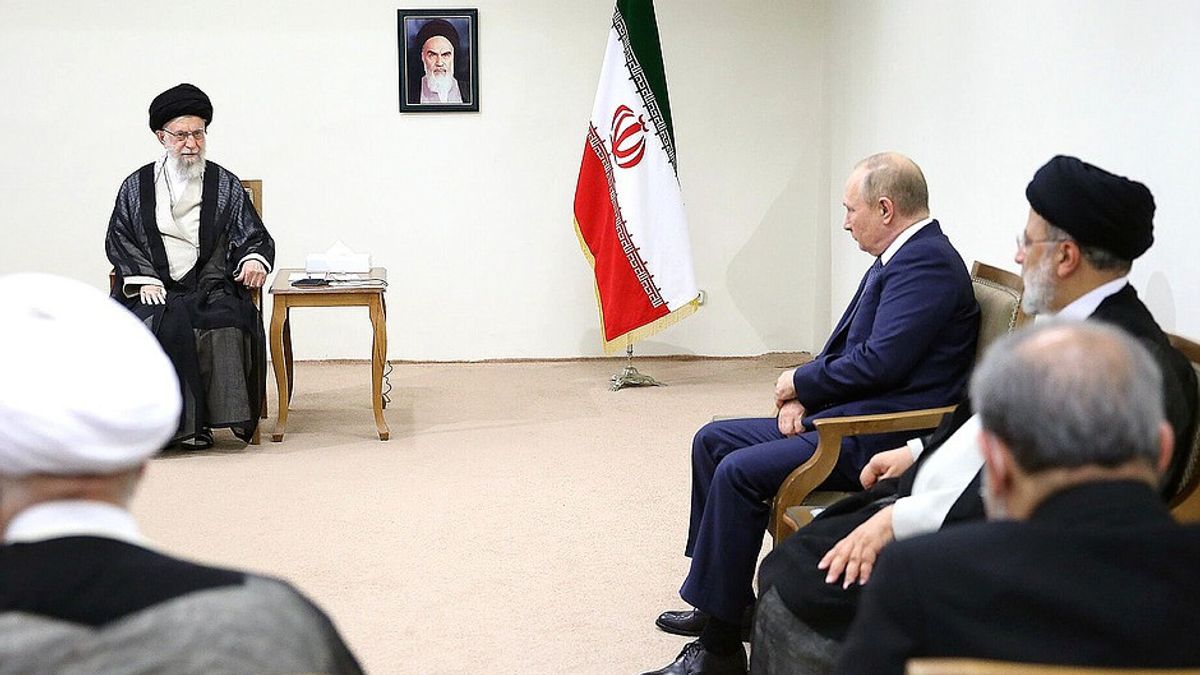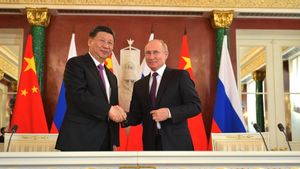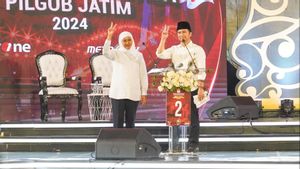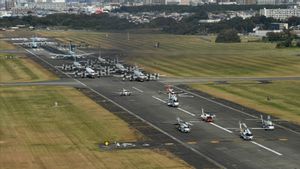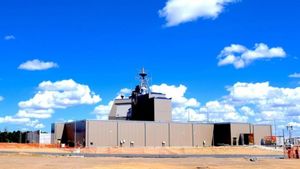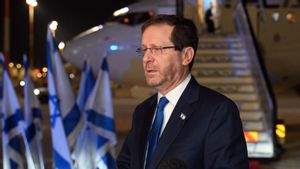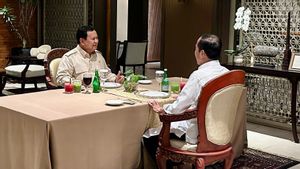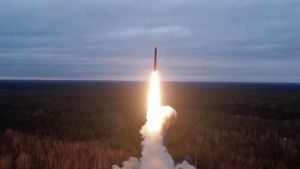JAKARTA - The United States sees an increasing indication that Russia and Iran are expanding an unprecedented defense partnership, which is considered to help Moscow extend the war in Ukraine and is also a threat to neighboring Iran, the White House said on Monday.
As part of this collaboration, Iran provided Russia with unmanned aircraft, including more than 400 unmanned aircraft since August, National Security Adviser John Kirby told a news conference.
"It is about an underdeveloped defense relationship" that allows Russia to kill more people in Ukraine and also allows Iran to store its military hardware and pose a greater threat to neighboring countries," Kirby told reporters.
Drones are the main military aid Iran has provided to Russia, which is trying to get further aircraft types, Kirby continues.
The United States will announce additional appointments targeting increased military cooperation between Russia and Iran, Kirby added.
Last year, Russian President Vladimir Putin visited Iran and met with Supreme Leader Ayatprocess Ali Khamenei and President Ebrahim Raisi in July.
Citing TASS, President Putin's Foreign Policy Advisor, Yuri Ushakov, at the time said meetings with Iranian leaders could be used to exchange views on key aspects of bilateral cooperation, as well as on international and regional security issues, including the current situation around the Joint Comprehensive Action Plan on Iran's nuclear program (JCPOA).
At the same time as President Putin's visit, Iranian Army Commander Brigadier General Kioumars Heydari revealed, Iran is ready to export advanced weapons, including unmanned aerial vehicles (UAVs), to friendly countries.
"The Iranian armed forces have advanced drone production technology, this device can be used remotely as well as for reconnaissance and sending attacks abroad," he quoted TASS as saying by China Central Television.
Iranian Army Commander Brigadier General Kioumars Heydari revealed that Iran is ready to export sophisticated weapons, including unmanned aerial vehicles (UAVs), to friendly countries.
另请阅读:
"The Iranian armed forces have advanced drone production technology, this device can be used remotely as well as for reconnaissance and sending attacks abroad," he quoted TASS as saying by China Central Television.
In an interview with La Repubblica newspaper published on July 13, Iranian Foreign Minister Hossein Amir-Abdollahian did not confirm the sale of military equipment to Russia, including unmanned aerial vehicles, ensuring Tehran avoided any steps that could result in escalation in Ukraine, and did not help any of the parties in conflict.
On the same day, Kremlin spokesman Dmitry Peskov said that UAV sales subjects would not be discussed during Russian President Vladimir Putin's visit to Tehran in July and declined to comment on the matter.
The English, Chinese, Japanese, Arabic, and French versions are automatically generated by the AI. So there may still be inaccuracies in translating, please always see Indonesian as our main language. (system supported by DigitalSiber.id)
